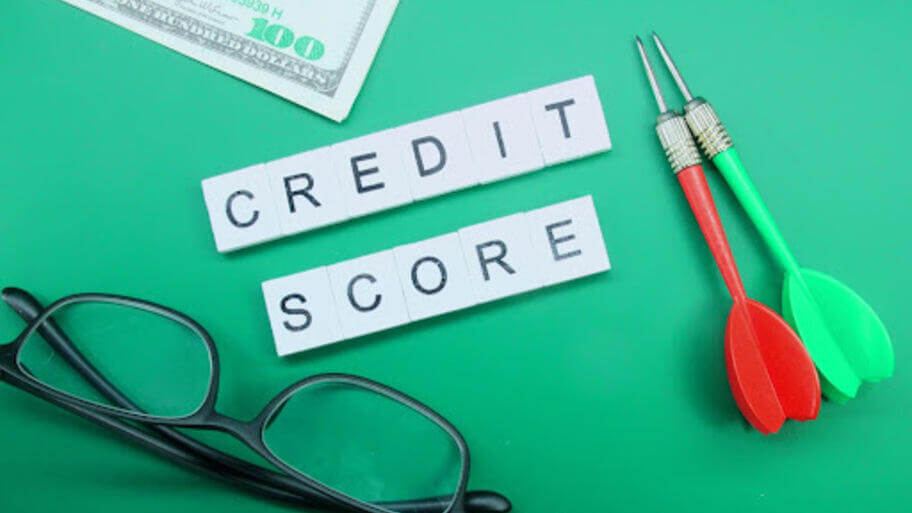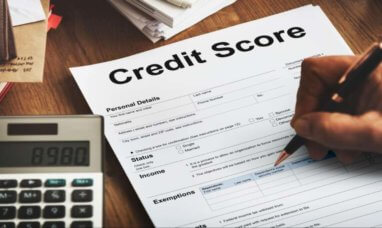Your credit score is an important part of your overall financial health. An excellent credit score helps you get the lowest interest rate on loans and be approved for premium credit cards.
Your credit score is measured on a scale from 300 to 850. A score of 300 to 579 is considered poor credit and 800 to 850 is considered an excellent credit score.
A perfect credit score is 850, and only 1.2% of Americans have a perfect credit score. It is a difficult milestone to reach, but is it even worth striving for? Is there any difference between an 831 FICO score, an 845 FICO score, and an 850 FICO score?
In the whole big scheme of things, not really. It is more important to have a credit score over 800 than it is to have a perfect score.
If a perfect credit score is your goal, you need to pay your credit card bills and loans off in full and on time every month, have different credit types, and a low utilization rate.
You also have to have a long credit history, which means it is easier for older people to have a perfect credit score than a younger person.
Even if you manage to get a perfect credit score, it likely won’t last for long. Your credit score fluctuates from month to month depending on new inquiries and the age of your credit history.
One small change in your credit report, and your perfect score is gone.
An Excellent Score is Good Enough
Your credit score is a financial tool you use to unlock lower interest rates and premium credit cards. Having an excellent credit score of over 800 will qualify you for the best rates and credit cards.
In many cases, having an 833 FICO score is considered a perfect score even though it is just shy of 850, which is the best credit score you can have. Any credit score that is 833 or above will get you the very best rates.
For example, if you have an 845 FICO score, you won’t get a better interest rate than someone who has an 833 FICO score. You’re already at the top of the scale, and boosting your credit score the last few points won’t give you any new benefits.
Is an 825 FICO Score Good?
Yes! An 825 FICO score puts you in the excellent range, and is well above the national average credit score of 704. Only 21% of Americans have a credit score above 800, so you’re doing a great job.
There is, however, room for improvement.
An 825 FICO score will unlock better than average interest rates, but if you want the very best interest rates possible, you have to increase your credit score to 833 or above.
One of the best ways you can increase your credit score from 825 to 833 is lower your utilization rate. The average utilization rate for people with an 833 or higher credit score is 7.7%.
What People Who Score 800 or Higher Do
Having a credit score over 800 is an important milestone, but it doesn’t happen overnight. You have to work to get an excellent credit score.
There are five factors that make up your credit score:
-
-
- Payment History (35%)
- Utilization Rate (30%)
- Credit History (15%)
- Public Record (10%)
- Inquiries (10%)
-
All five factors are important in getting an 800 credit score, but some are more important than others.
Payment history and utilization rate make up 65% of your total credit score. You should focus on those two areas when trying to increase your credit score.
You need to make your payments on time and in full every month. If you do that, the 35% of your credit score made up by payment history will be perfect.
The next thing you need to focus on is your utilization rate. This is how much of the credit available to you that you use.
If your credit card has a $1,000 limit, and you spend $300 on your card, your utilization rate is 30%.
Ideally, you want your credit utilization to be between 1% and 9%. This shows lenders you’re responsible with your credit, and the 30% utilization portion of your credit score will be very high.
Another important similarity between people with an 800+ credit score is their age. It takes years to build up your credit history, and you can’t expect to have an excellent credit score as soon as you open your first credit card.
It takes several years to get an excellent credit score. Practice good habits, and your credit score will increase over time until you have an excellent score.
How to Aim for the Highest Credit Score Possible
There are a number of tactics you can use to increase your credit score and get the highest score possible.
Pay Every Bill on Time
Your credit history makes up the largest portion of your credit score. If you want to have the highest credit score possible, you have to pay all your bills on time and in full.
If you miss a credit card payment by a day or two, call your credit card provider and explain it was an accident. They will likely remove it from your account and possibly even waive the small amount of interest due.
Keep Your Utilization Rate Low
Your utilization rate is the next biggest portion of your credit score, and you need to keep your utilization rate as low as possible.
If you need to spend more on your credit card than 10% of your limit, be sure to make a pre-payment on your card. When the credit card issuer creates your bill for that month, it will look like your utilization rate was lower than it actually was.
Have Multiple Credit Cards
The average person with a credit score over 800 has three open credit cards. Having multiple credit cards helps lower your utilization rate and increases the length of your credit score if you keep them open for a long time.
Opening a new credit card may lower your credit score in the short-term because you have a new inquiry, but, in the long run, having multiple credit cards is in your best interest.
Check Your Credit Report
Checking your credit report is free, and you should get in the habit of checking it every quarter to make sure there are no errors on it.
If there is an error on your credit report, call the credit bureau, explain the error, and ask to have it removed from your account. Doing this will help lead you towards having a perfect credit score.
Featured Image: Twenty20








